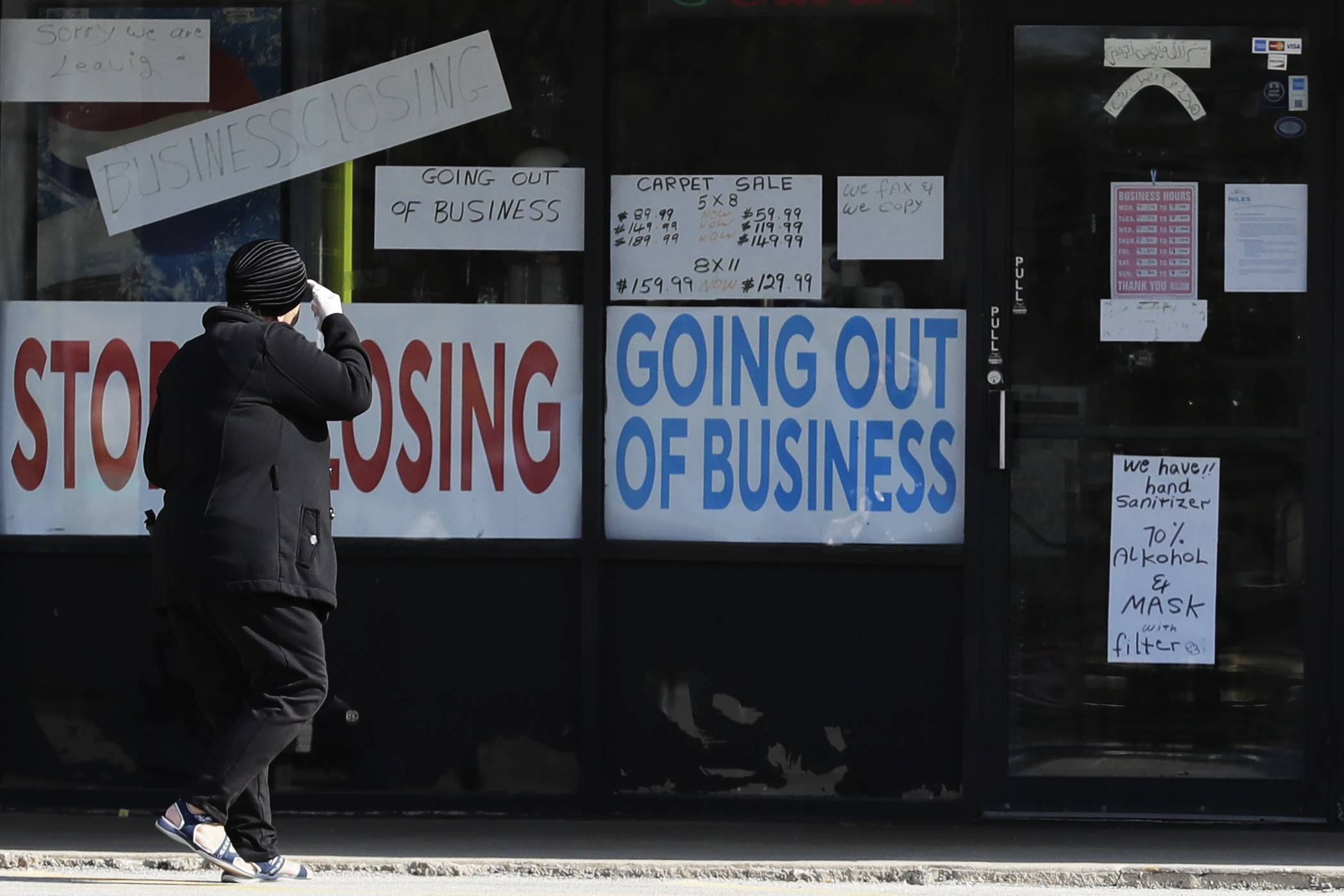It is well established by now that the deadly new coronavirus is anything but a "great equalizer.” Instead, large swaths of the population are confronting threats — both to their physical and their financial well-being — that if left unchecked could deepen existing divides.
Take the gender gap. Before the pandemic struck, women already faced a century-long wait to reach parity with men, a daunting prospect that now risks becoming further out of reach if the economic disparities unleashed by the crisis are ignored. As the health emergency abates, governments, big business and investors have the opportunity to refocus their attention on previous goals, such as aiming to reach gender equality.
Women are particularly exposed to this crisis. They are on the frontlines of the fight against the virus itself, making up 70 percent of global healthcare workers and as much as 95 percent of long-term care workers, according to the Organization for Economic Cooperation and Development. But not only are women putting their lives at risk to save others — they also make up the majority of employees in parts of the economy that have been hardest hit by lockdowns. From leisure to hospitality to retail, entire industries in which women make up a greater share of the workforce have been brought to a halt.


















With your current subscription plan you can comment on stories. However, before writing your first comment, please create a display name in the Profile section of your subscriber account page.